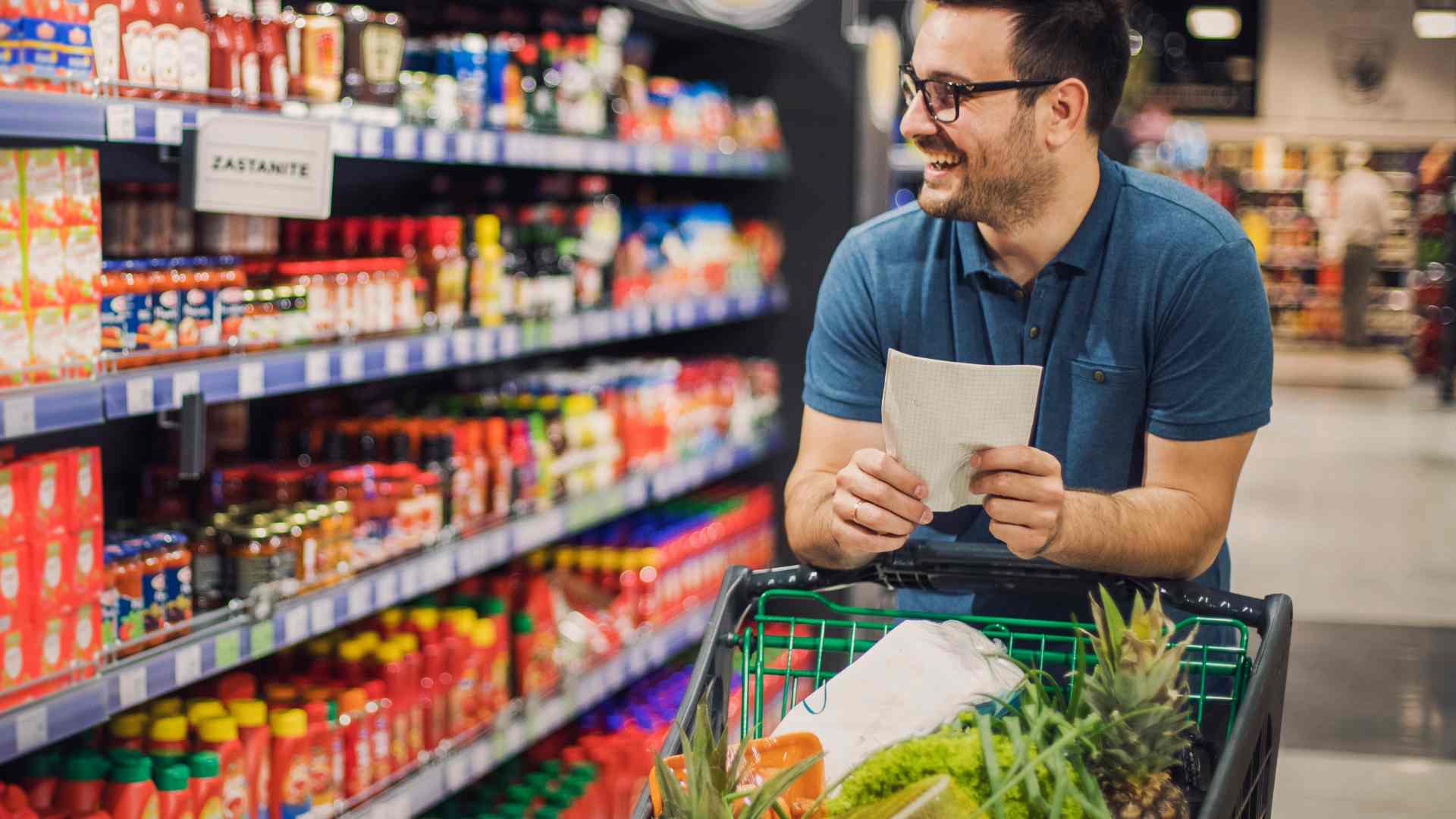Introduction
The food and beverage industry is facing increased uncertainty from inflation and supply shortages. Adapting to changing conditions is key. These days, customers are asking for increased omni channel presence and faster access. With more players than ever before, don’t get lost in the crowd. When your supply is stocked, get it to customers faster.
With a no-fuss mileage capture tool via a vehicle reimbursement program, you can reimburse drivers fairly for real mileage driven. Getting supplies to events and retailers is fast-tracked. No distractions paired with fair payments will keep your team focused on their work and excited to drive.
Challenge 1: Meeting Customer Expectations
These days, there are growing demands by customers for brands to be present across various platforms and channels. Consumers want to be able to connect with their favorite businesses holistically on whatever platform or channel they are using. This omni-channel approach to marketing and relationship building translates to the food and beverage industry. Customers want to be able to seamlessly access their favorite brands at many different venues, retailers and restaurants, and this desire is of increasing value to them.
There can be challenges to providing seamless service everywhere all at once. Consistent brand presence and communication can be a challenge. Distribution amidst supply shortages can be another. Companies can outpace these challenges by working on building efficient and transparent distribution systems that get products to retailers fast and motivate employees.
An omni-channel approach with an effective distribution system meets customer needs most effectively. Drivers get out on the road to be everywhere, be it merchandisers going to stores or events, or representatives going for customer visits. Customers get the brand relationship they want, with the least amount of cost to the company. Omni-channel approaches in the food and beverage industry can benefit from vehicle reimbursement programs, to create the most efficient, tax deductible and motivating solution for their business.
Challenge 2: Supply Chain and Logistics
According to Flock Freight, the food and beverage supply can relate to the process by which raw materials and ingredients are sourced, processed and distributed to consumers. It involves many stakeholders, including farmers, processors, distributors, retailers and consumers. Anyone managing the food and beverage industry can tell you that these processes for supply chain distribution are very complex. Forbes notes that current trends facing food and beverage supply chains are government regulation, talent management and new technology with the traditional linear supply chain practices giving way to dynamic networks of integrated processes and systems.
Increased competition, digital trends and emerging integrated processes have encouraged the need to streamline and expedite supply chain operations. Vehicle reimbursement programs can be key for faster and more integrated supply chain systems. With a VRP, when you have product available, enabled sales representatives and merchandisers can be dispatched quickly and efficiently. Supply chain wins are leveraged whenever they come and drivers are motivated to perform their best!
Optimizing Sales and Merchandiser Operations
When productivity is optimized, customer demands are met quickly and easily. There are many ways for optimizing productivity, including streamlining HR processes, or revising operational procedures. Technology can also be a huge boost for productivity, and can be key in facilitating the shift towards improved omni-channel presence. Cardata has a breadth of solutions that can also be hybridized to meet your productivity needs. These solutions include programs that provide VRPs for efficient reimbursement and, technology and services that help integrate VRP programs. VRP programs include the Fixed and Variable Rate Program (FAVR), Tax-Free Car Allowance Program (TFCA), Canada Program and the Cents-Per-Mile Program (CPM).
All of these programs work to help you track the miles driven and costs incurred by your drivers, so that you can achieve the highest tax reimbursement rate, to save money on taxes and driver reimbursements. Our technology and services, like Cardata Mobile, Cardata Cloud and Insurance Compliance facilitate easy tracking of driver mileage and input of these mileage into online administration that ensures compliance and quick reimbursement. With these technologies, your drivers are paid quickly, while productivity both in terms of cost and administration are optimized. This also incidentally can help a company achieve increased omni-channel presence by getting everywhere faster. It’s a win-win!
The Importance of Fair Reimbursements
Another important aspect of employing drivers is ensuring that they are fairly and quickly reimbursed for their work. VRPs enable fair reimbursement with mileage capture tools. With this technology, which uses mobile tracking that employees can turn on and off, the miles driven and local variable costs like gas are calculated. Our easy-to-use app is synchronized with our Cardata Cloud technology, which enables administrators to approve mileage and ensure mileage and data compliance.
Finally, our app enables easy tracking of upcoming reimbursements for employees, and this transparency can increase employee trust in your company. At the same time, accurate reimbursements can also keep your sales and merchandising teams motivated and focused, which is a productivity boost. When employees are waiting for their reimbursements, are erroneously taxed, or what have you, their keenness to deliver can diminish. At the worst, this can create tension and reduced earnings for your company, or even increased costs. Technology like Cardata’s that steps-in to ensure fair and easy tracking that is synched to actual costs makes the repayment process easier. This is also made even more seamless when Direct Pay is integrated.
Embracing Innovation for Success
In our current era, technology is more important than ever for overcoming industry challenges. Keeping up with technological advancement is also key. There are many ways that businesses can leverage technology to increase productivity, including improving cybersecurity, switching to Cloud technology, using project management software and implementing data visualization.
Vision Computer Solutions notes how four companies are clearly embracing technology for accelerated growth. Amazon, for example, has been innovative in the use of customer metrics to encourage upsells. Their thorough use of metrics alongside strategic algorithms seamlessly increased customer engagement, for increased sales. Apple is another example of a company that’s leveraged technology to maximize their adherence to an integrated supply chain. This integrated supply chain, which Cardata programs can facilitate, is also what drives increased efficiency for omni-channel presence.
Uber is a final example of a company achieving great results from integrating technology. Their bread and butter of mobile technology as the primary site for communication and sales for drivers and customers has enabled a complete overhaul of the taxi industry. Vision Computer Solutions also notes that the company’s data collection and processing have also been major in increasing Uber’s reputation, driving their success. Looking at the successes of these companies with technology affirms why it’s important to integrate technology in business strategies. Better tech creates better products, to meet customer expectations and stay ahead of industry standards.
Conclusion
Inflation and supply chain shortages are major issues facing the food and beverage industry today. These challenges can get in the way of businesses trying to increase their omni-channel presence, which clients increasingly want. There are a host of ways that tech can increase a company’s productivity, like by integrating cloud technology, data visualization and processing software and mobile usage. Switching to Cardata’s Mobile and Cloud mileage tracking technology, alongside our data-driven pricing software help your company cut costs and increase reach, to drive greater omni-channel presence and ultimately, customer appreciation.
Share on:


